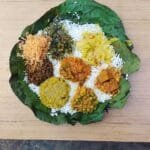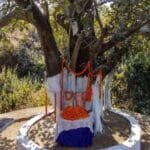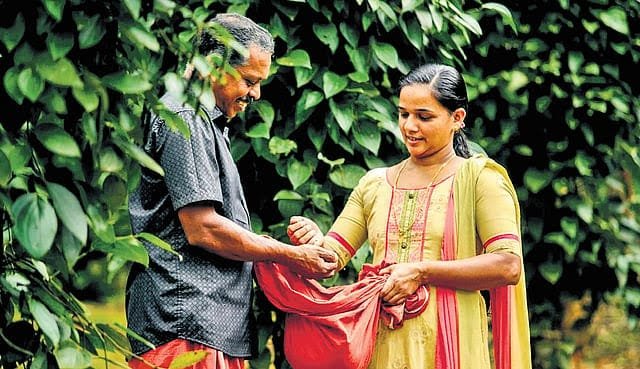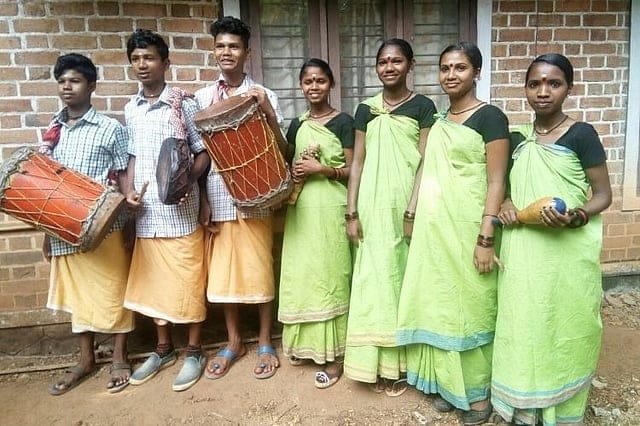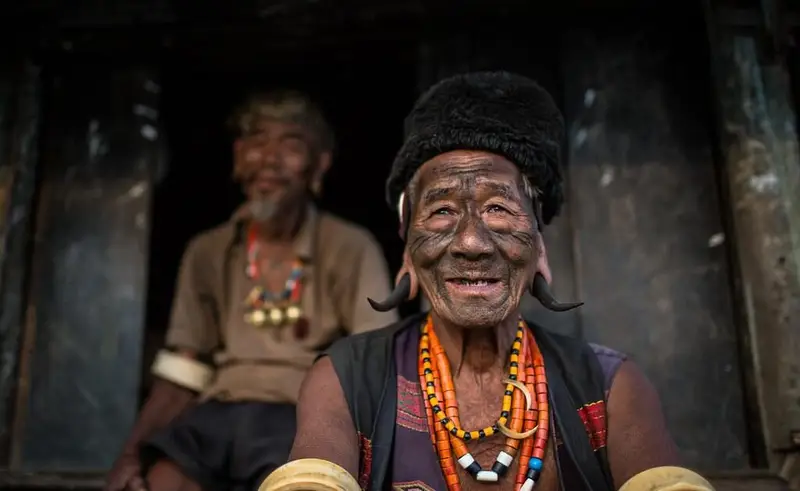Idukki, Kerala:
In the misty hills of Idukki, where pepper vines curl around tall trees and the scent of spices fills the air, a tribal farmer is quietly safeguarding a living legacy. Baiju Mon M K, a member of the Malayaraya tribal community from Malayinchi near Thodupuzha, has dedicated his life to conserving and cultivating 50 distinct varieties of pepper. His farm is not just a source of income—it is a museum of biodiversity, culture, and resilience.
A Legacy Rooted in Tradition
For centuries, pepper has been more than just a spice in Kerala. Once called “black gold”, it drew merchants from across the seas, shaping the history of the Malabar coast. For the Malayaraya tribes, however, pepper is woven into everyday life and cultural identity.
Baiju sees his work as carrying forward this tradition. On his two-acre farm, different vines grow side by side: native types such as Karimunda, Kuthira Vali, Neela Mundi, and Kochukanikkadan, as well as newer hybrids like IISR Chandra, developed by the Indian Institute of Spices Research. Each variety has its own character—some are tall climbers, others remain compact bushes; some produce long, elegant spikes of peppercorns, while others form tight, bunchy clusters.
Trials of Time
The journey has not been easy. The pepper crop in Kerala has historically faced devastating challenges. In 1885, powdery mildew wiped out vast tracts of vines across the region. More recently, the 2018 floods severely damaged soil fertility in Idukki, weakening the roots of pepper plants.
Baiju recalls how difficult those years were: yields dropped, and many vines looked beyond saving. With support from the local Krishi Bhavan, he restored soil health using micronutrients and lime to correct soil pH. Slowly, the farm began to recover.
From just 150 kilograms of pepper harvested in 2020, Baiju’s farm produced 1,000 kilograms in 2024—a sevenfold increase. For a smallholder farmer, the difference was life-changing.
Farming with Care
Unlike large-scale commercial plantations, Baiju’s farm is rooted in sustainability. He relies entirely on biofertilisers to protect soil health and ensure that the next generation of farmers has fertile land to inherit. He and his wife carry out much of the labour themselves, tending carefully to each vine.
His produce is sold through the Peermade Development Society, which offers him a price about ₹30 above the market average. While this may seem modest, the premium supports the preservation of diverse varieties that might otherwise disappear in the rush for high-yielding hybrids.
Why This Matters
Baiju’s farm is more than a personal success story—it represents larger questions about biodiversity, culture, and sustainability.
Biodiversity conservation: By growing 50 varieties, Baiju ensures genetic diversity. This provides resilience against pests, diseases, and climate change. If one variety fails, another can survive.
Cultural heritage: These vines are living testaments to tribal knowledge and history. Losing them would mean losing centuries of cultural memory.
Economic resilience: Specialty and heritage pepper varieties have the potential to command premium markets, especially if packaged as organic or origin-certified produce.
Sustainability: By avoiding chemical fertilisers and pesticides, Baiju protects not just his soil but also the ecosystem around his farm.
Challenges Ahead
The path forward is not without hurdles. Heritage varieties often yield less than commercial hybrids, making them less attractive to mainstream farmers. Market fluctuations in spice prices also affect income stability. Moreover, without proper institutional support, much of the knowledge Baiju holds risks being lost if not passed on to younger generations.
A Seed for the Future
Despite these challenges, Baiju remains determined. His vision is not just to grow pepper, but to preserve it as living heritage. With greater institutional backing, these varieties could be documented, stored in seed banks, and even shared with other farmers across Kerala and beyond.
There is also untapped potential in branding and value addition. Heritage pepper from tribal farms, sold with origin labels or organic certification, could find buyers in niche international markets where consumers pay more for authenticity and sustainability.
In an era where agriculture is increasingly dominated by uniform hybrids and chemical inputs, Baiju’s two-acre farm in Idukki tells a different story—a story of diversity, tradition, and resilience. His work is a reminder that the future of farming need not mean abandoning the past.
As vines heavy with pepper spikes sway gently in the monsoon breeze, they carry with them not just the promise of spice, but the memory of a people and their bond with the land. Baiju Mon’s farm is proof that with dedication and care, one farmer can indeed keep an ancient tradition alive—one pepper vine at a time.




